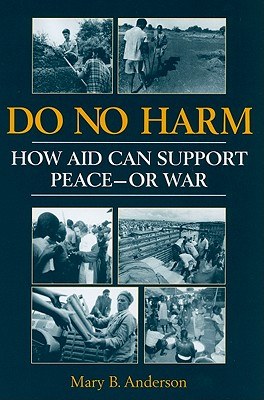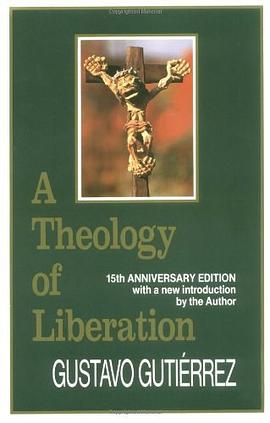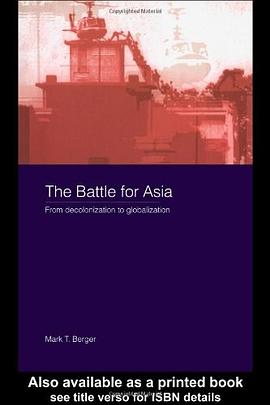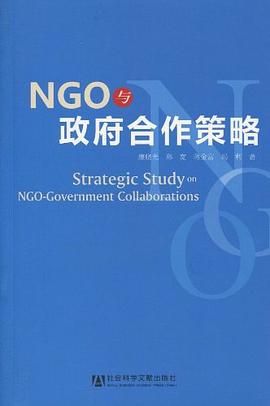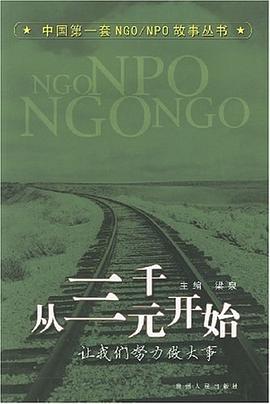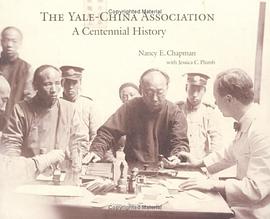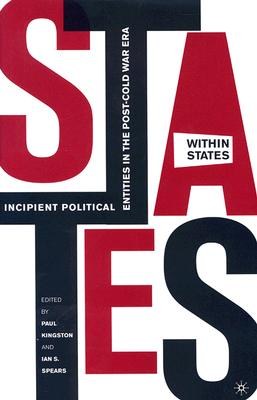

Many states in the Third World remain fragile and prone to collapse because they face challenges from cohesive groups within their borders. Such groups form "states-within-states" having many of the functional characteristics of states--including administrative structures, defined territories, and armed militias--but their status remains contested and unclear. From Colombia to Lebanon, from Iraqi Kurdistan to the Sudan, the contests between central control and regional autonomy often turn violent and pose severe humanitarian challenges problematic to the international community given the norms of sovereignty and non-intervention in domestic affairs.
Yet, these conditions have not always given way to anarchy. In some cases, the breakdown of weak and often arbitrary states has given way to more coherent and viable, though not necessarily benevolent, political entities. This book examines the extent to which these sub-units--"states within states"--represent alternatives that the international community could look to in a long-term effort to bring stability, security, and development to peoples in the Third World. This book will be of interest to practitioners and scholars alike in the fields of international relations, conflict resolution and peace-building, and development studies.
具体描述
读后感
评分
评分
评分
评分
用户评价
相关图书
本站所有内容均为互联网搜索引擎提供的公开搜索信息,本站不存储任何数据与内容,任何内容与数据均与本站无关,如有需要请联系相关搜索引擎包括但不限于百度,google,bing,sogou 等
© 2025 book.wenda123.org All Rights Reserved. 图书目录大全 版权所有

